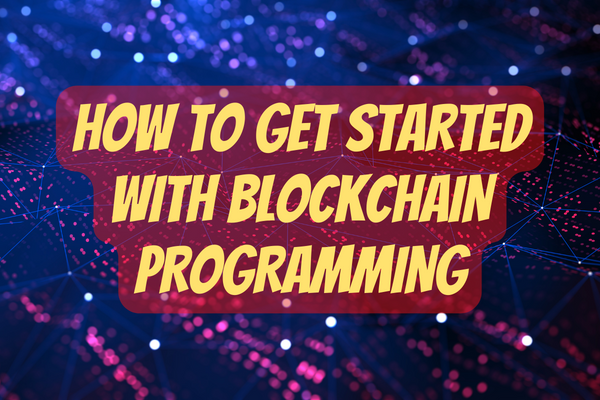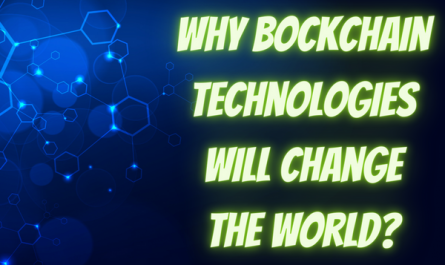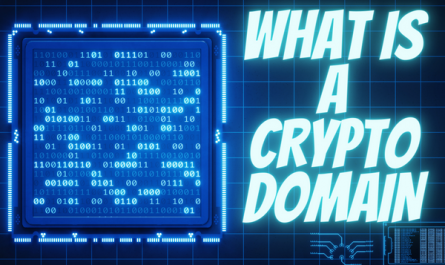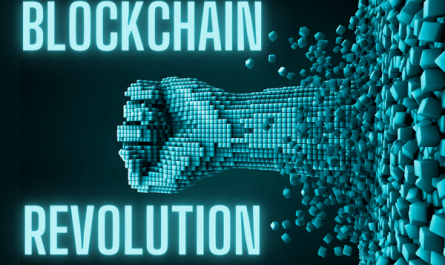Table of Contents
If you’re looking to get into blockchain programming, you’ll need to know the ins and outs of the language. This guide will teach you all you need to know about blockchain programming language.
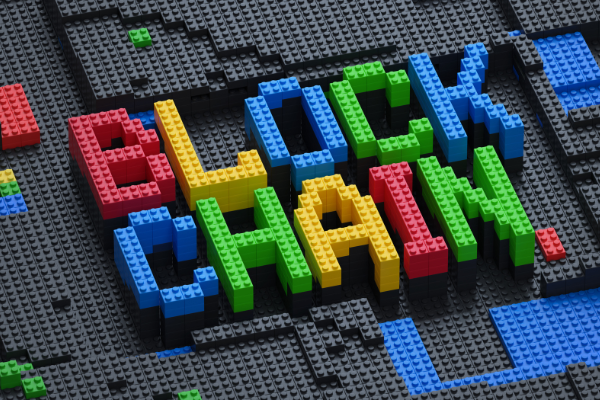
BLOCKCHAIN PROGRAMMING
A blockchain is a digital ledger of all cryptocurrency transactions. Programmers typically design blockchains to be resistant to modification of the data. Once recorded, the data in any given block cannot be altered retroactively without the alteration of all subsequent blocks, which requires collusion of the network majority. Bitcoin was the first cryptocurrency to use a blockchain.
A blockchain is a decentralized, distributed and public digital ledger that is used to record transactions across many computers so that the record cannot be altered retroactively without the alteration of all subsequent blocks and the collusion of the network majority. The design of a blockchain is such that each block contains a cryptographic hash of the previous block, a timestamp, and transaction data. Bitcoin nodes use the block chain to differentiate legitimate Bitcoin transactions from attempts to re-spend coins that have already been spent elsewhere.
When a block is created, it is broadcast to the network of nodes, where it is verified by each node before being added to the blockchain. Once a block is added to the blockchain it is very difficult to go back and alter the contents of the block. As each block is chained to the previous block, it becomes progressively more difficult to make changes to the blockchain.
The use of a blockchain removes the need for a trusted third party to verify transactions. The network of nodes that maintain the blockchain can collectively be thought of as a trustless, distributed third party. This is one of the key advantages of blockchains over traditional financial systems.
Blockchain programming is the process of designing and building applications that interact with blockchains. Blockchain programming is a relatively new field and there are not many resources available to learn about it. However, there are a few very good resources that can help you get started.
The first thing you need to do if you want to get into blockchain programming is to learn the basics of blockchain technology. This can be done by reading the Bitcoin whitepaper or by taking an online course. Once you have a basic understanding of blockchain technology, you can start learning how to program applications that interact with blockchains.
One of the best ways to learn blockchain programming is to join a project or start your own. There are many projects looking for talented blockchain programmers. By joining a project, you can learn from experienced blockchain developers and contribute to the development of the project. If you start your own project, you can learn by doing and have the satisfaction of building something from scratch.
Blockchain programming is a very exciting and challenging field. It is a great way to learn new programming technologies and to build applications that have the potential to change the world.
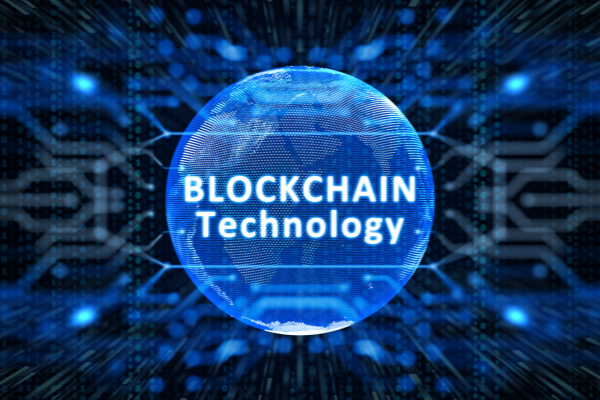
BLOCKCHAIN PROGRAMMING LANGUAGE
A blockchain is a digital ledger of all cryptocurrency transactions. It is constantly growing as “completed” blocks are added to it with a new set of recordings. Each block contains a cryptographic hash of the previous block, a timestamp, and transaction data. Bitcoin nodes use the block chain to differentiate legitimate Bitcoin transactions from attempts to re-spend coins that have already been spent elsewhere.
The programming language used to develop a blockchain application is not as important as the application itself. However, some languages are better suited for developing a blockchain application than others. The three most popular languages for developing a blockchain application are C++, Java, and Python.
C++ is the most popular language for developing a blockchain application. C++ is a powerful language that gives the developer a lot of control. It is also fast and efficient. However, C++ can be difficult to learn and it is not as user-friendly as some of the other languages.
Java is the second most popular language for developing a blockchain application. Java is a widely used language and it is relatively easy to learn. However, Java is not as fast as C++ and it can be difficult to scale a Java-based blockchain application.
Python is the third most popular language for developing a blockchain application. Python is relatively easy to learn and it is well suited for prototyping. Python is also slow compared to C++ and Java. However, Python is gaining popularity due to its flexibility and the fact that it can be used for a wide range of applications.
The choice of programming language for a blockchain application is not as important as the application itself. However, some languages are better suited for developing a blockchain application than others. The three most popular languages for developing a blockchain application are C++, Java, and Python.

